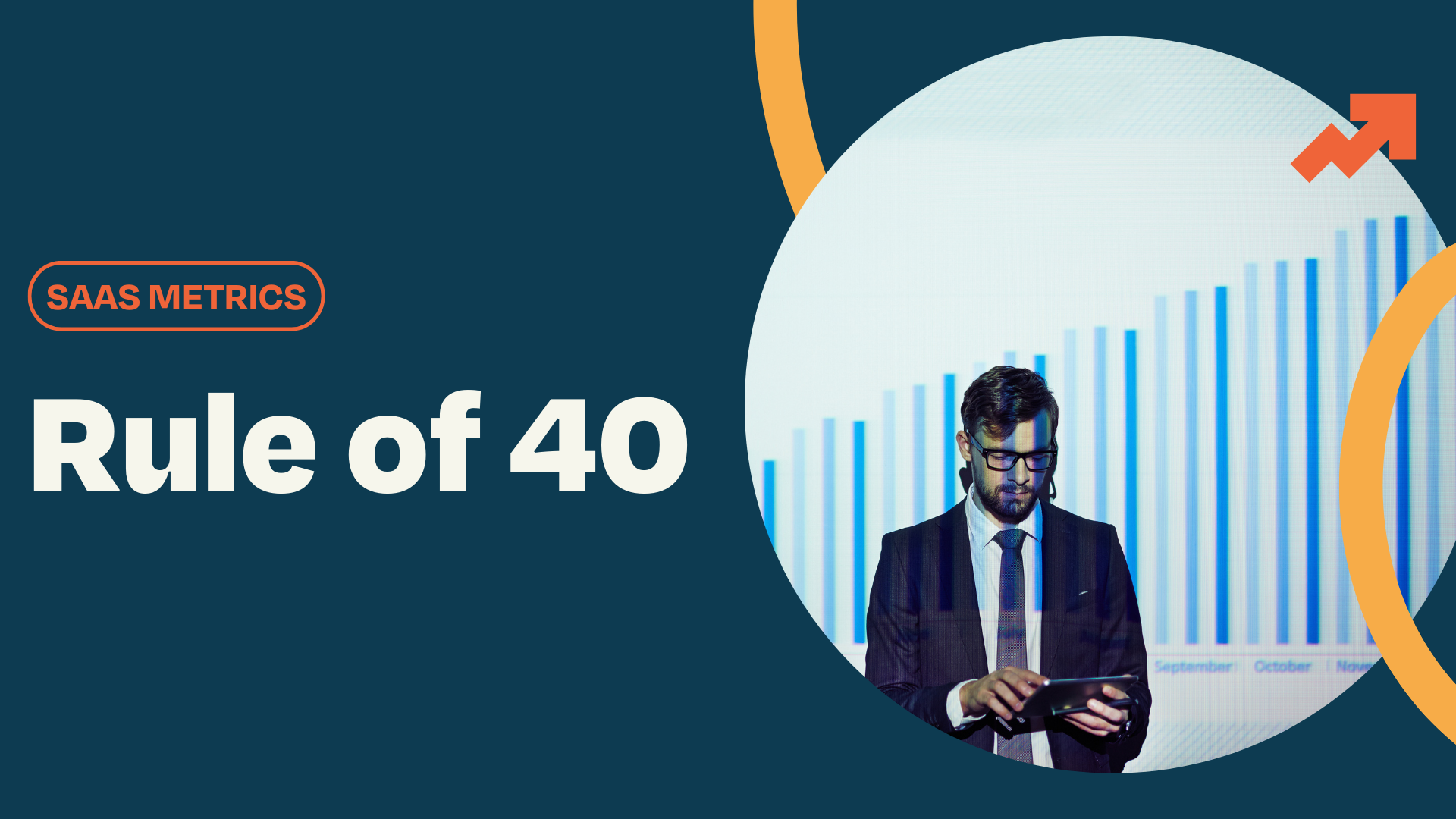Boost Business Profitability: Guaranteed Success Tips
Are you in business just to stay afloat, or are you actively trying to make a profit? That's the million-dollar question all small business owners...

Think your business is profitable because there’s money in the bank? Think again.
Many small business owners fall into the trap of equating a healthy bank balance with business success. But profitability isn’t about today’s cash—it's about sustainable profit margins, strategic pricing, and knowing your numbers inside and out.
This guide will show you how to go beyond the balance and build a truly profitable business—one that funds your goals, pays you fairly, and survives economic dips.
Sarah has $15,000 in her bank account. She assumes things are going great—until she reviews her income statement:
Revenue: $12,000
Direct Costs (contractors, software): $4,000
Overhead (rent, insurance, her salary): $9,500
Net Loss: -$1,500/month
Her cash cushion is the leftover from prior months, maybe client deposits or a loan she forgot about. She’s operating at a loss and didn’t realize it.
Sales, service fees, subscriptions
Loans, grants, tax refunds, interest income
Materials, shipping, packaging
Contractor or freelance work directly tied to sales
Transaction fees or commissions
Any cost that scales with each sale
|
Industry |
Gross Margin |
|---|---|
|
SaaS |
70–90% |
|
Services |
50–70% |
|
Retail |
20–50% |
If you're outside the norm, it’s time to investigate.
Overhead includes fixed or indirect costs like:
Office rent, insurance, admin salaries
Marketing and ad spend
Software, legal, and accounting services
Your own salary (if you’re an active owner-operator)
If you’re skipping your salary to “save money,” your numbers are lying to you. Pay yourself.
Shrinking Gross Margins → You’re underpricing or costs are ballooning.
Overhead Creep → Expenses grow while revenue doesn’t.
Cash Shortages in Down Months → You’re relying on timing luck, not strategy.
Inconsistent Project Profits → You lack job-level insight.
You Can’t Explain Your Margins → You’re flying blind.
Cash Flow Derails on One Late Invoice → Your business is over-leveraged.
You're Regularly Mixing Personal and Business Funds → Profit isn’t real until it's separate and accounted for.
Example:
→ That’s just over 16 hours/week to cover your costs. Everything beyond that is profit—if you're efficient.
Start a simple tracking sheet or use project accounting tools like Harvest, FreshBooks, or Xero Projects. For every job, track:
Income generated
Direct costs tied to the project
Time spent (multiply hours × your hourly cost)
Target: Aim for 40–60% gross margin per project.
Use Value-Based Pricing:
Start with your real cost (include your salary!)
Add desired profit (minimum 15–25%)
Benchmark competitors
Test higher prices regularly
Pro tip: Don’t be afraid to charge more. High prices = high expectations = better clients.
Use the 70/20/10 Rule:
70% of gross profit = operations
20% = future growth
10%+ = net profit
Audit Overhead Monthly:
Cancel what’s unused
Renegotiate vendor contracts
Track overhead as a % of revenue
Set alerts when overhead > 70% of gross profit
Don’t wait until month-end. Watch these metrics weekly:
|
Metric |
Why It Matters |
|---|---|
|
Gross Profit % |
Reveals pricing or cost problems |
|
Net Profit % |
Is your business actually paying off? |
|
Cash vs. Accrual Profit |
Prevents surprises |
|
Break-Even Progress |
Are you above or below the line? |
|
Pipeline vs. Overhead |
Can future work cover your costs? |
Use tools like Fathom, Zoho Analytics, or Google Sheets to automate tracking.
Offer retainers or recurring services
Create a subscription version of your offer
Sell maintenance plans or quarterly check-ins
Predictable income smooths your cash flow—and reduces risk.
Invoice immediately, not at month-end
Require deposits or prepayments
Offer early-pay discounts
Add late fees (and enforce them)
Consider invoice financing (but only short-term)
Double down on services/products with 60%+ margins
Eliminate or outsource low-margin tasks
Create premium tiers for white-glove clients
Package your offerings to increase perceived value
Your cash balance doesn’t tell you:
If you made a profit this month
Whether that loan or tax refund skewed the numbers
If you have large bills or payroll due next week
Whether deferred revenue is artificially inflating your cash
How to fix it:
Use accrual accounting or ask your bookkeeper for accrual reports.
Review your net income monthly.
Adjust for loan payments, draws, and large expenses to get your true picture.
Calculate your break-even point
Review last 6 months of gross/net margins
Audit top 10 jobs for profitability
Eliminate or raise prices on low-margin work
Cancel or renegotiate at least one overhead expense
Test price increases with new leads
Build your weekly dashboard
Compare cash vs. accrual profit for last 3 months
Request 6 months of accrual income statements
Calculate gross and net profit margins
Define break-even in hours or units
List and label overhead (essential vs. optional)
Review and benchmark pricing
Launch job-level profitability tracking
Test pricing increases on 20% of new customers
Cut or fix your lowest-performing offer
Set up a real-time dashboard
Build a 3-month cash flow forecast
Profit isn’t just a number—it’s your power.
It lets you hire, take a vacation, pivot, or invest in growth. Without it, you’re simply surviving.
👉 Trust your income statement, not your bank account.
👉 Make small, consistent improvements monthly.
👉 Build a business that works for you, not one you work for.
Ready to level up your profitability game? Start today. Run the numbers. Ask hard questions. Then make the small changes that lead to lasting results.


Are you in business just to stay afloat, or are you actively trying to make a profit? That's the million-dollar question all small business owners...

What is the Rule of 40? The Rule of 40 is a powerful financial benchmark that helps evaluate the health and performance of businesses, particularly...

1 min read
Have you ever looked under the hood of your car and marveled at how all those parts work together to get you from Point A to Point B? Your business's...